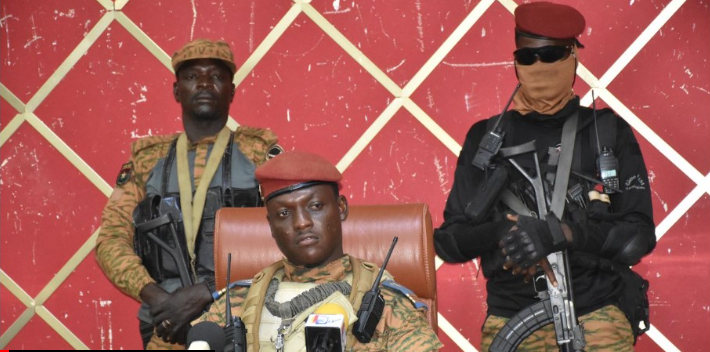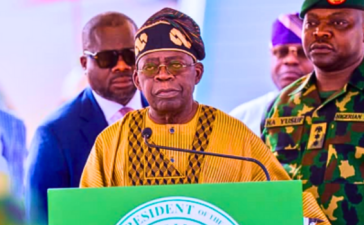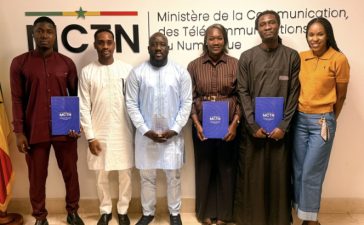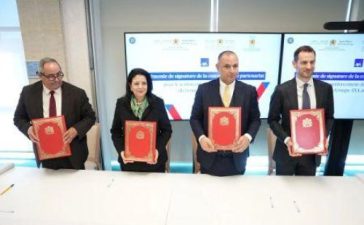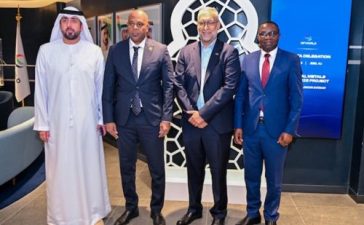In a bold statement that challenges conventional political wisdom, Burkina Faso President Captain Ibrahim Traoré declared that his country is not operating under a democratic system, but rather a “popular, progressive revolution.”
Traoré made these remarks during a flag-raising ceremony at the Koulouba Palace last week, emphasizing that the country’s current political framework does not adhere to democratic principles.
“If we have to say it loud and clear here, we are not in a democracy, we are in a popular, progressive revolution,” Traoré asserted. He went on to explain that a true revolution, not the liberties afforded by democracy, is what is necessary for the country’s future.
“Democracy or libertinism of action or expression has no place here,” he said. According to Traoré, while individuals may feel free to express their views, such freedoms can lead to societal disorder and instability.
The 37-year-old president, who assumed office through a military coup in September 2022 that ousted interim President Paul-Henri Damiba, also criticized the notion that democracy is a requirement for national development.
“It is impossible to name a country that has developed in democracy,” he stated, arguing that democracy is merely a result rather than a cause of development.
This stance marks a significant departure from the traditional democratic ideals embraced by many West African nations.
Traoré’s government has been characterized by bold, non-traditional decisions, including his rejection of Saudi Arabia’s offer to build 200 mosques in the country. Instead, he urged the Islamic nation to invest in essential infrastructure that would have a direct and lasting impact on the lives of his people.
Traoré’s comments are likely to stir debate within Burkina Faso and across the West African region, where democracy and human rights have often been at the forefront of political discourse.
However, his leadership style continues to resonate with a portion of the population that is frustrated with the status quo and seeks a radical shift in governance.

